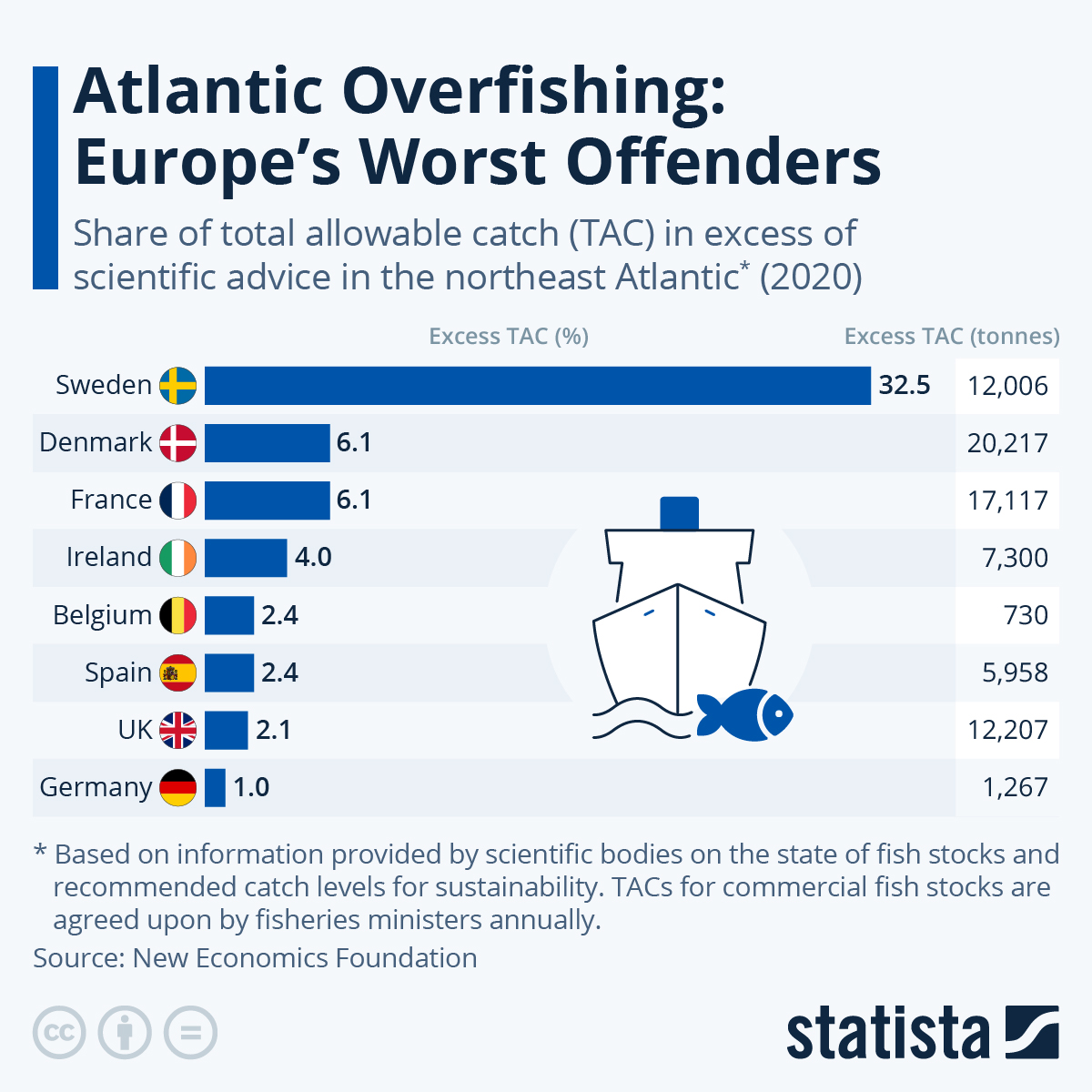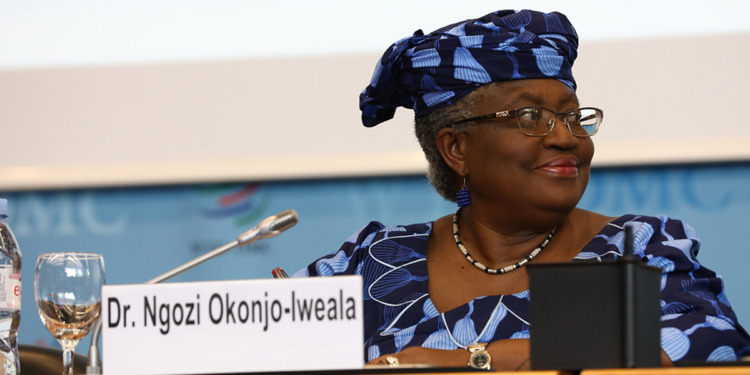For the first time in over four years, ministers from across the globe have gathered for the World Trade Organization (WTO) conference in Geneva from 12-15 June. The meeting, called the Ministerial Conference, comes at a critical juncture for the body and for global trade.
WTO’s 12th Ministerial Conference (MC12), which was delayed twice due to COVID-19, is a chance for the WTO to prove that it can respond to what Director-General Ngozi Okonjo-Iweala has described as a “polycrisis” of economic, health, environmental and security challenges.
Ngozi Okonjo-Iweala expressed her optimism that the meeting in Geneva, which will include more than 100 trade ministers, may achieve one or two global deals this week, but has warned that “the path would be bumpy and rocky.”
On the agenda of the WTO meetings are the following topics:
- The global pandemic response;
- Food security due to the current food crisis driven partly by export disruptions from major wheat exporters, Ukraine and Russia;
- The WTO reform: WTO members say the organisation’s rule book needs updating, although they disagree on how that should be done;
- The environment: negotiations began in 2020 and are in a preliminary phase, but some experts think the environment has the potential to give the body a new vitality and purpose;
- The e-commerce moratorium: A ban on import duties or so-called “electronic transmissions” worth hundreds of billions of dollars a year is up for renewal;
- Overfishing: Negotiations are aimed at removing subsidies that contribute to overfishing, a step that environmentalists say is important to help fish stocks recover.
The main focus of this article is on overfishing, the additional topics on the agenda will be analysed as the conference develops.
Overfishing of the world’s seas and oceans
The chair of the fisheries subsidies negotiations, Ambassador Santiago Wills of Colombia, on 10 June submitted to WTO members a revised draft agreement for new global rules to curb harmful fishing subsidies.
“Overall, the draft Agreement sent to ministers this evening represents my best and honest effort at presenting to them a draft that is as clean as possible with only a few decisions for them to focus on, negotiate, and agree. After over twenty years, it is long past time for the WTO to deliver on its promise to agree to rules that will stop subsidies for illegal and excessive fishing,” the chair said.
For over 20 years, negotiators at the WTO have been trying to agree on how to restrict global subsidies that contribute to the overfishing of the world’s seas and oceans, and are pushing fish stocks to the brink of collapse. Environmentalists say that removing subsidies that promote unsustainable fishing is the single most important thing governments can do to help reverse the decline.
The United Nations’ Food and Agriculture Organization (FAO) estimates that 34% of the world’s ocean fish stocks are already fished to the point of being biologically unsustainable. Fish stocks are at risk of collapsing in many parts of the world because they are being exploited at a pace that doesn’t allow the fish populations to replenish themselves.
Declining fish stocks threaten to worsen poverty and endanger communities that rely on fishing for their livelihood and food security. Leaders from the seafood retail sector are increasingly calling for an end to harmful fisheries subsidies, with scientists also urging the WTO last week to ban subsidies causing overfishing.
To implement this change, the world’s largest financial enablers of harmful fishing, including China and the European Union, need to end their devastating handouts.

These include so-called capacity enhancing subsidies for fuel, vessel construction and modernisation, the building of fishing ports and processing plants, as well as foreign access agreements that allow countries to fish in other nations’ waters for a fee once they’ve depleted their domestic fish supplies.
The government support enables ships to range farther, remain at sea longer and catch and process more fish than they otherwise could afford to do. Worldwide, the harmful subsidies amount to an estimated $22 billion a year, based on a study published in the journal Marine Policy in 2019.
In sum, the fundamental question regarding its 12th Ministerial Conference is whether it will result in agreement to tackle the overfishing crisis, especially as the WTO hasn’t produced a major trade deal in years.
“This agreement is crucial to the 260 million people around the world whose livelihoods depend directly or indirectly on marine fisheries,” said by Director-General Okonjo-Iweala. “It is also central to the sustainability of our oceans, where the latest studies show close to 50% of stocks for which we have data are overfished.”
Follow the latest updates regarding the WTO meetings, and its final outcomes on the Impakter website.
Editor’s Note: The opinions expressed here by Impakter.com columnists are their own, not those of Impakter.com — In the Featured Photo: WTO Director-General Ngozi Okonjo-Iweala. Featured Photo Credit: 2022, World Trade Organization.










